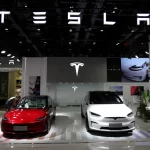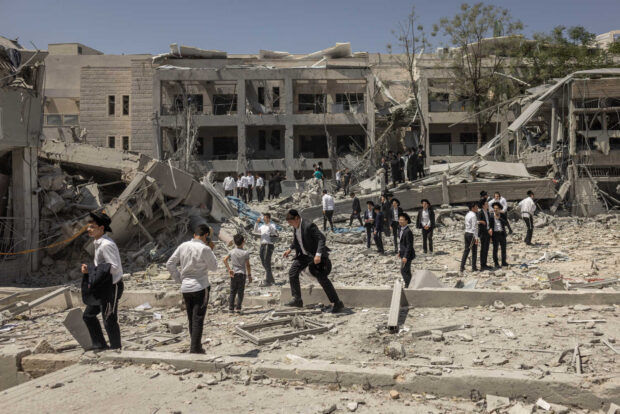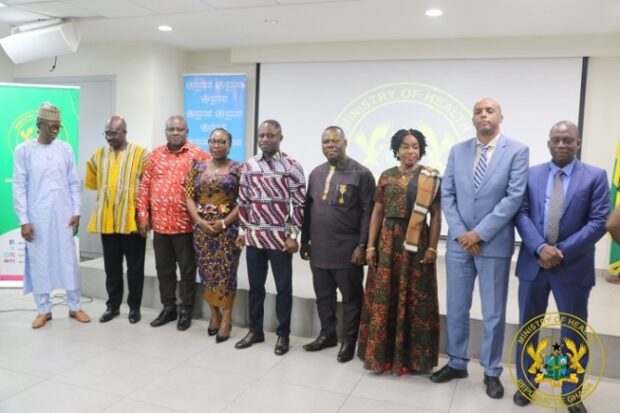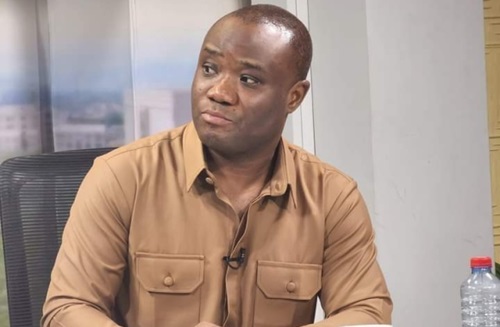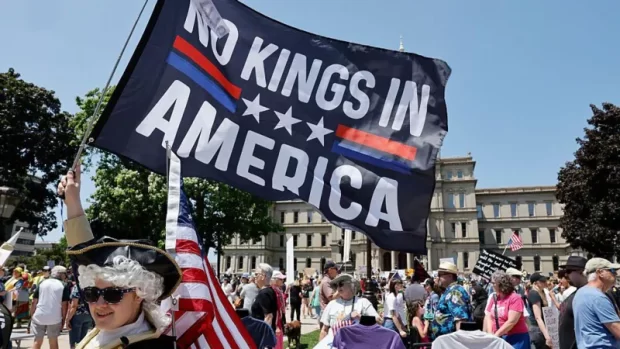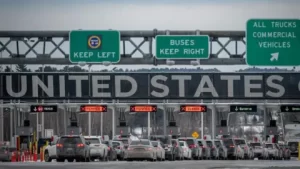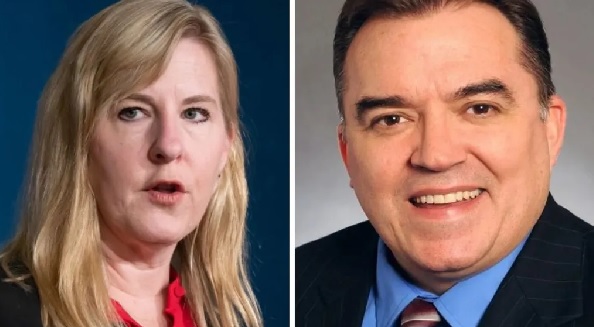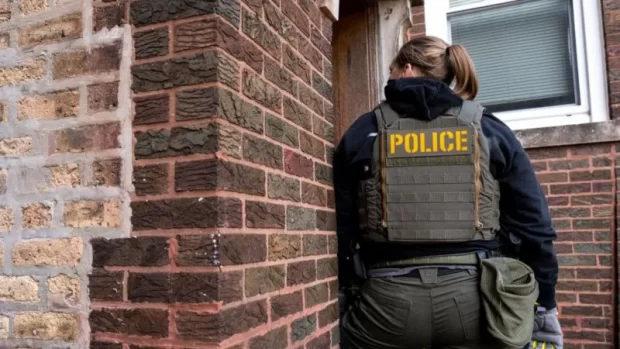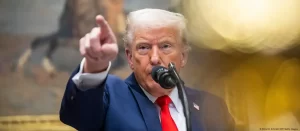
A high-profile envoy linked to former U.S. President Donald Trump has arrived in Moscow in a controversial bid to revive stalled negotiations over the Russia-Ukraine war, reigniting debates about America’s role in the conflict and the feasibility of diplomacy amid escalating hostilities. The envoy, whose identity remains undisclosed, reportedly aims to broker backchannel talks between Russian officials and Western allies, though skepticism abounds over the mission’s legitimacy and potential outcomes.
The surprise visit comes as Ukraine’s counteroffensive efforts face logistical and tactical challenges, and international support for Kyiv shows signs of strain. While the Biden administration and NATO allies continue to emphasize military and financial aid to Ukraine, Trump-aligned figures have increasingly criticized the prolonged conflict, advocating for a negotiated settlement. Critics argue, however, that Trump’s envoy lacks formal U.S. government authority, raising questions about Moscow’s willingness to engage with unofficial intermediaries.
Russian state media framed the visit as a “gesture of pragmatism,” with Kremlin spokesperson Dmitry Peskov cautiously acknowledging “openness to dialogue” while reiterating Russia’s demands for Ukrainian territorial concessions. Ukrainian officials, meanwhile, dismissed the initiative as a “political stunt,” stressing that any peace talks must respect Ukraine’s sovereignty and pre-2014 borders. The move has also drawn ire from European leaders, who warn that unilateral U.S. efforts risk undermining unified Western support for Kyiv.
Analysts speculate that the envoy’s mission may be tied to Trump’s 2024 presidential ambitions, positioning him as a dealmaker capable of ending the war—a narrative that resonates with his base. Yet experts caution that Russia’s history of leveraging negotiations to consolidate territorial gains casts doubt on the sincerity of such overtures. “Without guarantees of accountability, these talks could legitimize aggression,” said Olga Oliker of the International Crisis Group.
The envoy’s arrival also highlights deepening divides in U.S. foreign policy. While the Biden administration champions a “Ukraine-first” strategy, Trump-aligned Republicans increasingly push for redirecting resources toward domestic priorities. The outcome of this unofficial diplomacy could shape not only the war’s trajectory but also America’s geopolitical credibility.
As global attention shifts to Moscow, the envoy’s ability to bridge irreconcilable demands—or merely amplify political theater—remains uncertain. With millions of lives and the stability of Eastern Europe at stake, the world watches to see whether this gambit sparks dialogue or deepens distrust.

